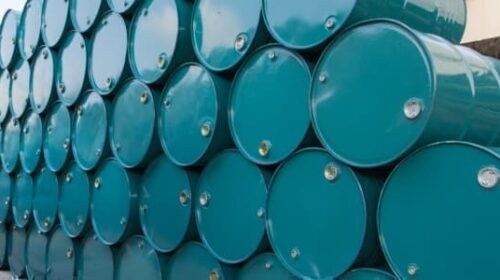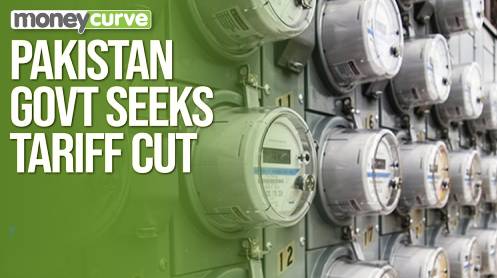Russian crude oil and condensate production has been 1.9% lower this month compared to July, and if the trend holds, August will be the first month in four in which Russian production will have dropped from the previous month, according to Russian energy ministry data seen by Bloomberg.
Russia has managed to restore its oil and condensate production to the levels from February 2022, just before the Russian invasion of Ukraine. Still, Moscow is way behind in its OPEC+ quota, which calls for monthly increases of 100,000 barrels per day (bpd) or more.
The lower production in August, estimated to average 10.56 million bpd between August 1 and 23, may be the result of lower condensate output from gas giant Gazprom, which has lowered its gas and condensate production as it has been cutting pipeline gas supply to Europe, according to Bloomberg.
Russian oil production and exports have been holding resilient in recent months, with much smaller declines than initially expected, the International Energy Agency (IEA) said in its monthly report earlier in August. But the agency’s report warned of a 20% drop in Russia’s production if its oil doesn’t find a home with Asian buyers when the EU embargo takes full effect in February 2023.
In its Oil Market Report, the IEA revised its outlook for global oil supply for 2022 upward due to “more limited declines in Russian supply than previously forecast.”
Russian crude and refined product exports to Europe, the U.S., Japan, and South Korea have dropped by nearly 2.2 million bpd since the start of the war in Ukraine. However, the rerouting of oil flows to India, China, Turkey, and others, along with seasonally higher Russian domestic demand, has mitigated Russia’s production losses, the international agency said.
By July, Russia’s oil production was only 310,000 bpd below pre-war levels, while total oil exports were down by just 580,000 bpd, the IEA noted.
A few months ago, the agency expected millions of barrels per day of losses in Russian production and supply to the market.
Still, the EU embargo on Russian crude and product imports from February 2023 is expected to result in further declines in Russian oil production, as some 1 million bpd of products and 1.3 million bpd of crude would have to find new homes, the agency said.





